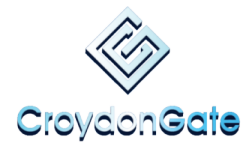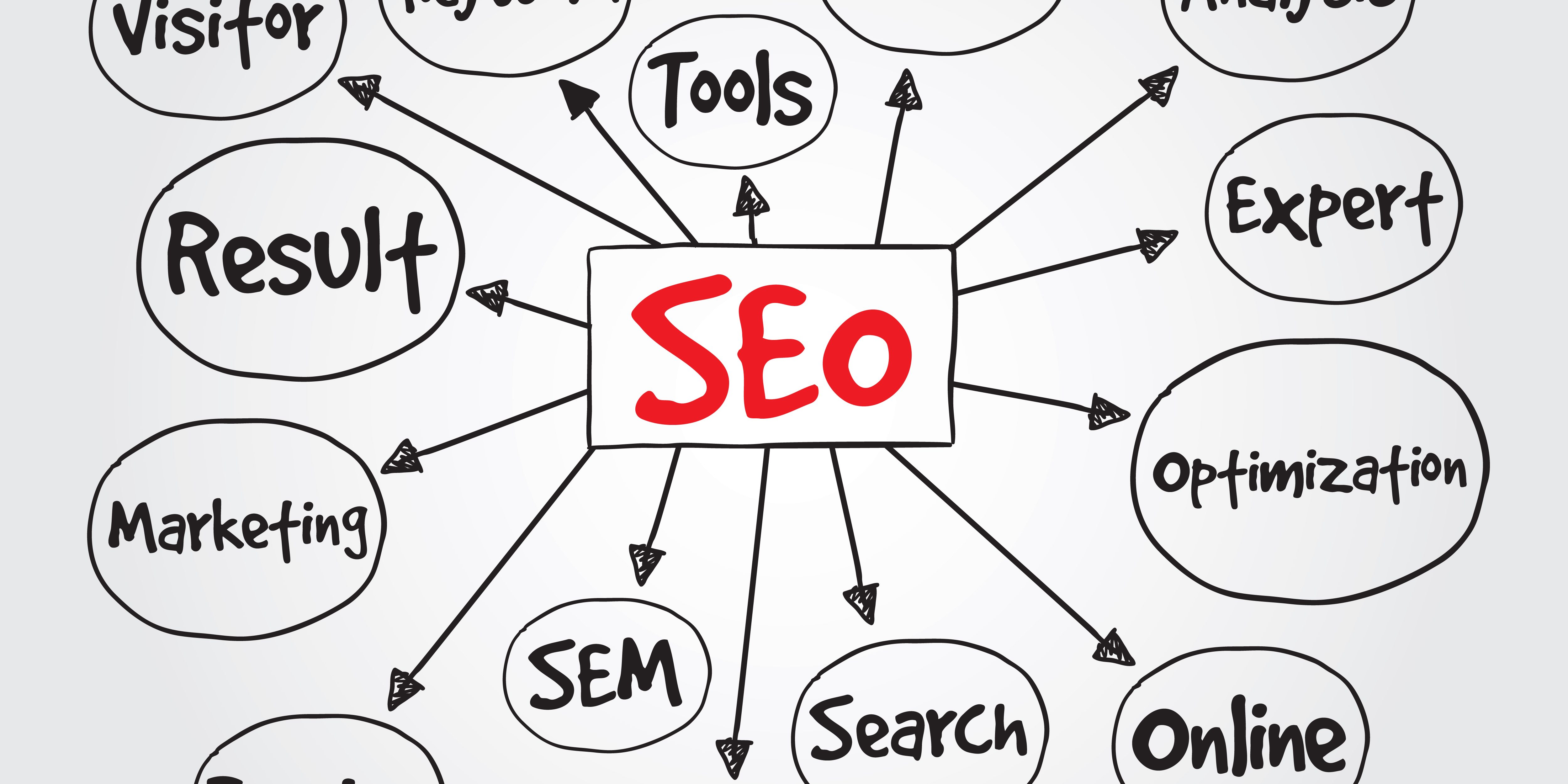The Internet has reached maturity, but search engine optimization (SEO) continues to evolve as new applications for online technology emerge. Mobile devices are changing the way that website visitors consume content while traditional desktops remain relevant for content creation. Search engines continue to favor activity on social media through shares, mentions, and links. Below is a full overview of how SEO has changed and how businesses can capitalize on these new opportunities.
- Social Signals
The gap between the importance of social signals and traditional links continues to widen. Search engines are perceiving social media activity as more important because this activity is difficult to manipulate and provides detailed contextual information about the motivation behind a share. Contextual information will continue to grow in importance as search engines develop more sophisticated methods of understanding social signals. Continued social media growth means that businesses looking to increase their traffic through SEO must develop shareable content and nurture relationships with thought leaders to receive valuable shares.
- Mobile Website Optimization
Many businesses continue to underestimate the importance of mobile website optimization for SEO. Individuals still prefer to develop content on a traditional PC, but 56 percent of online content is now consumed on mobile devices, according to ACI Information. An optimized mobile website is now essential for SEO success because 72 percent social media shares come from users who visit a web page on a mobile device. Businesses can, therefore, make their content significantly more shareable by optimizing content for mobile devices.
- Implied Links
Google has recently filed for patents that take advantage of implied links, or citations that reference online content without using an explicit URL. Implied links will become critical for brands as mentions of a company or product name becomes more important than traditional links. Google has prioritized development of an implied link algorithm in an attempt to decrease the effectiveness of artificial link building as part of an SEO campaign. Brands looking to increase the authority of their website will need to devise strategies to increase online chatter about their products and services.
- User Intent
Content must now be tailored to user expectations to ensure that search engines perceive it as relevant to targeted keywords. User intent has been important since the early days of SEO, but the growth of alternative devices means a greater disparity of visitor intents. For example, a user browsing the Internet on a smart TV is unlikely to have the same intentions as a user looking to get work done on a traditional desktop. The disparate contexts of mobile device usage mean that user intent will vary widely between platforms. Businesses seeking to succeed at SEO must now account for intent by developing content that is appropriate for a wider range of usage contexts.
- Thought Leaders
Traditional marketing has always involved strong interpersonal relationships, but the Internet has decreased the significance of relationships in favor of programmatic methods of directing website visitors to information. The underlying human factors have not changed, however, and search engines are modifying their algorithms accordingly. Search engines will continue to leverage thought leaders to weigh the value of a link on social media or an individual web page. Businesses seeking to succeed at SEO will need to nurture a diverse network of thought leaders to increase the perceived authority of their content relative to targeted keywords.
- Merger of SEO and Technical Design
The principles of website design have changed very little over the past decade because of well-implemented web standards. Millions of individuals now possess a working knowledge of HTML, CSS, and even PHP. Compliance with SEO standards is now the norm from most website design firms. Website designers are now expected to understand advanced SEO techniques. Tens of millions of individual website owners have also taken the time to understand the basics of an SEO-optimized website. The democratization of SEO means more cutthroat competition for simple keywords and increased customer expectations for individuals purporting to be SEO professionals.
- Spam Penalties
The increased sophistication of search engine algorithms means more ways for legitimate websites to be deranked by an unethical competitor. Search engines have done little to combat predatory SEO practices because the anonymous nature of the Internet makes it almost impossible to assess blame. Businesses seeking to acquire leads through SEO, therefore, will need to carefully blacklist bad backlinks before search engines apply penalties. Defense strategies should not, however, be limited to the website itself. Businesses may need to block followers purchased by a competitor or posts that are highly shared by spam accounts. A strategy for countering negative link spam may become a core aspect of SEO in the years ahead for marketers targeting competitive niches.
- Increased SEO Competition
SEO is still almost twice as cost-effective as traditional marketing because of limited competition, but more businesses are starting to see its potential value. Even local businesses are now investing in sophisticated SEO campaigns that leverage social media and local thought leaders. Businesses that rely on SEO for a significant proportion of new leads must prepare themselves for a new reality that accounts for growing competition. Businesses concerned about competitive pressure should launch follower growth campaigns and seek to increase engagement on social media. A stronger presence on social media can help businesses retain SEO dominance when competition arrives.
Moving Forward
Businesses that rely on SEO must be prepared for a new competitive climate that will increase the importance of social media and decrease the significance of traditional backlinks. The quality of content is now more important than ever, and responsive websites can facilitate content shares on mobile devices. Businesses that have not optimized their website for mobile devices must do so soon to capitalize on the growing importance of alternative devices. Increased competition will continue to raise the bar for success, but 2015 still presents more opportunities than ever before to acquire customers through SEO.







